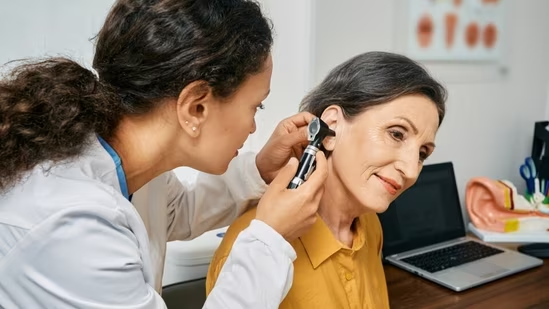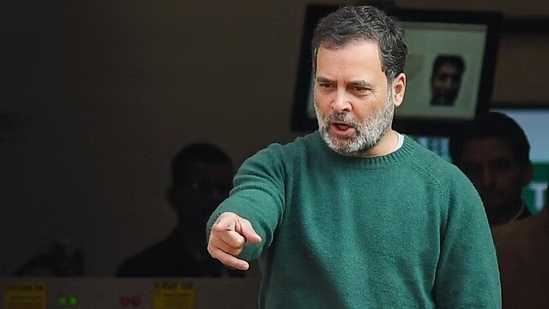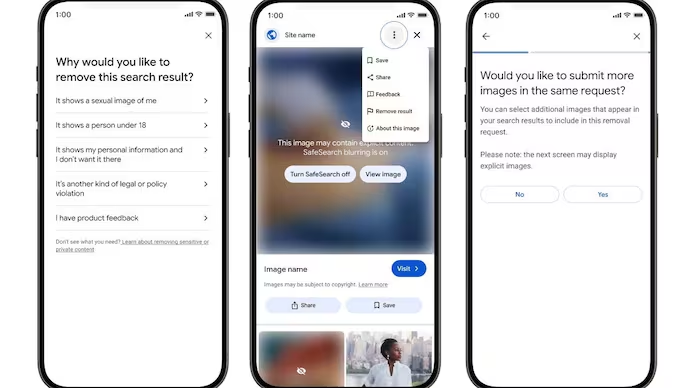Alzheimer’s disease is a brain condition that slowly damages your memory, thinking, learning, and organising skills. According to the NHS, it is most common in people over the age of 65, affecting an estimated 1 in 14 people over the age of 65 and 1 in every 6 people over the age of 80. However, the onset can begin as early as a person’s 30s, although this is rare.
Though there is no cure for this disease, medication and management strategies may temporarily improve symptoms. Additionally, taking a few preventative steps as early as possible. In a July 24 Instagram post, Dr Sabina Brennan, a neuroscientist and psychologist, suggested one thing that can prevent alzheimer’s disease.
This one change can prevent alzheimer’s
The video was shared by Davina McCall of the Begin Again podcast, where Dr Brennan claimed that getting our hearing tested can be one step towards preventing alzheimer’s disease.
Sharing the clip, Davina wrote, “Each one of our senses is so important, so it’s natural that when one starts to slow down, our whole body does. We’ve all been in a situation where we have had to ask someone to repeat themselves once, twice, maybe three times. Well, imagine that every day, some of us don’t have to imagine! @sabinabrennan is here to break the stigma on hearing aids and encourage all of us to get our hearing tested every single year. Without our hearing, we isolate ourselves.”
How does getting your hearing tested help?
According to the neuroscientist, we should get our hearing tested every year. She explained, “Forty percent of all cases of Alzheimer’s disease are related to age-related hearing loss. We’re not sure exactly why that happens. Some of it may be due to a degraded signal coming in.”
Explaining how stigma around hearing loss often becomes the first step towards Alzheimer’s, she added, “Another theory is that the amount of cognitive resources required for hearing and understanding is taking it away from memory or other functions. And another aspect, which I suspect is all three, is that when people have hearing loss, they often feel embarrassed going out and dislike having to repeatedly say ‘pardon.’ As a result, they start to retreat, isolate, and shut down.”
Dr Brennan stressed that it is vital to get rid of the stigma associated with hearing aids. “Hearing aids can really help us. Modern hearing aids are discreet; you don’t even see them. They interact with apps on your phone, allowing you to adjust the volume easily. This is so important.”































